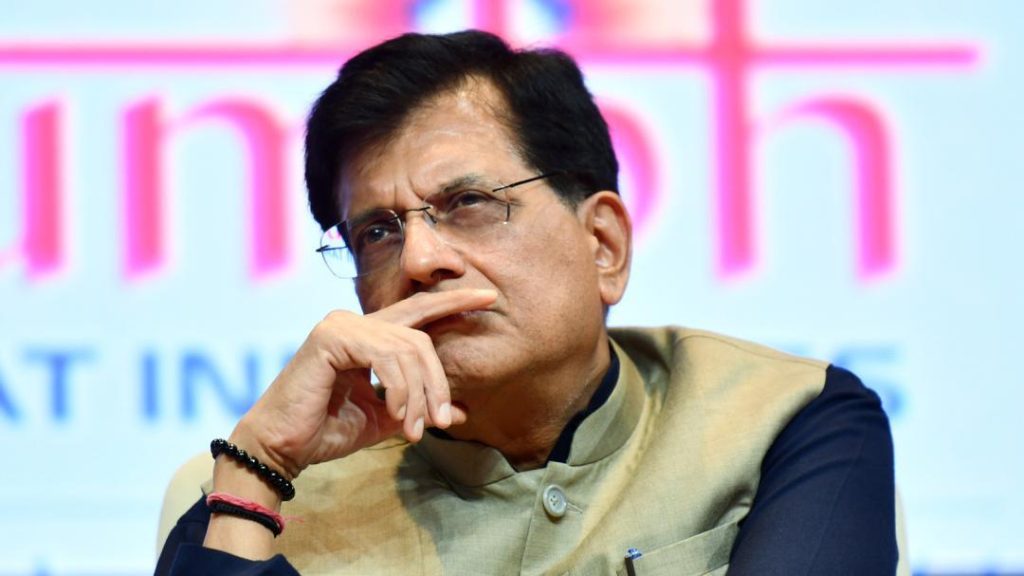
Till Indians Don’t Consider Patriotism Their ‘Dharma’, Attacks Like Pahalgam Will Happen: Piyush Goyal
In the aftermath of the recent Pahalgam terror attack, which claimed the lives of three Indian Army personnel, Union Minister Piyush Goyal has made a thought-provoking statement. He believes that incidents like this will continue to plague the country until 140 crore Indians (the population of India) do not consider patriotism and nationalism as their supreme duty.
Goyal’s statement has sparked a mix of reactions from the public, with some praising his candidness and others questioning his views. However, it is essential to delve deeper into the context and implications of his statement to understand what he meant.
In an interview, Goyal emphasized that the power of India, which is rapidly emerging globally, is causing discomfort to certain individuals. He also made it clear that those responsible for such heinous acts will not be spared. It is crucial to examine the underlying factors contributing to such attacks and the role of patriotism and nationalism in preventing them.
Patriotism and nationalism are often used interchangeably, but they have distinct connotations. Patriotism is the love and loyalty a person feels towards their country, while nationalism is a belief that one’s nation is superior to others. In recent years, the term “patriotism” has been increasingly politicized, with some using it to promote a narrow-minded and exclusionary ideology.
Goyal’s statement suggests that he believes that India’s growing global influence is causing discomfort to certain individuals. This could be interpreted as a reference to the country’s rising economic and military power, which is making it a significant player on the world stage. However, it is also possible that he is referring to India’s cultural and religious diversity, which is often criticized by extremist groups.
The Pahalgam terror attack was a brutal reminder of the ongoing threat posed by terrorist organizations. Such attacks are often perpetrated by groups that seek to destabilize the government and create fear among the population. In the case of the Pahalgam attack, the perpetrator was a terrorist group that has been linked to the Pakistani military.
Goyal’s statement highlights the importance of patriotism and nationalism in preventing such attacks. He believes that until Indians consider it their duty to protect the country and promote its interests, such incidents will continue to occur. This is a valid point, as patriotism and nationalism can serve as powerful motivators for individuals to work towards the betterment of the country.
However, it is also essential to recognize that patriotism and nationalism can be misused as tools of propaganda and manipulation. In recent years, there have been instances where these terms have been used to promote divisive and exclusionary ideologies. This has led to a backlash against patriotism and nationalism, with some individuals viewing them as toxic and harmful.
To prevent attacks like Pahalgam, it is crucial to promote a nuanced understanding of patriotism and nationalism. These values should be used to promote social cohesion and national unity, rather than divisiveness and hatred. It is also essential to address the root causes of terrorism, including poverty, inequality, and political instability.
Goyal’s statement serves as a reminder that the fight against terrorism is a collective responsibility. It is essential for individuals to work together to promote peace, harmony, and understanding, rather than allowing extremist ideologies to divide us.
In conclusion, Piyush Goyal’s statement highlights the importance of patriotism and nationalism in preventing attacks like Pahalgam. However, it is also essential to recognize the complexities and nuances surrounding these values. By promoting a nuanced understanding of patriotism and nationalism, we can work towards creating a more peaceful and harmonious society.






